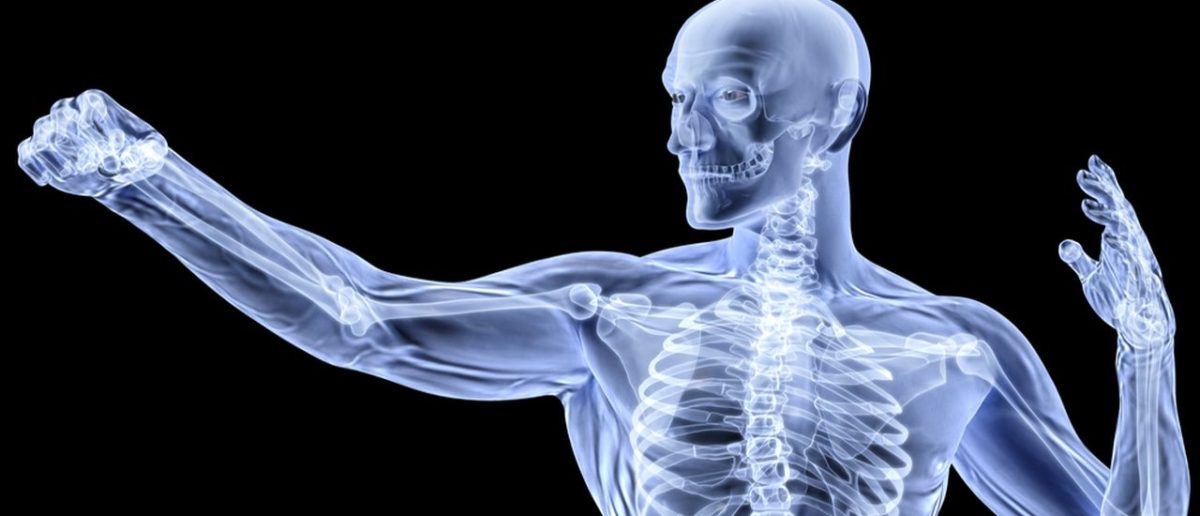Bone Health: Guidelines to keep your Bones Healthy

Bones plays a very important role in our body. it gives structure, protects organs, anchoring muscles and storing calcium. It is not only helpful when you take care of strong and healthy bones during the childhood and adolescences, you can also take care of it during the adulthood to protect healthy bones.
The bones are our body is constantly changing, new bones are made and the old bones are broken down. When you are at the young age your body makes new bone faster than the old bones are broken down and the bone mass increases. At the age of about 30 years most of the people reach their peak bone mass. After that age, the remodeling continues, but you lose slightly more bone mass that you gain.
Most likely you are likely to develop the disease called osteoporosis a condition in which the bones of the body becomes weak and brittle. The higher your peak bone mass, which is more the mass you have gained during the 30 years of age and less likely the situation is that you will develop osteoporosis at that age. Here are certain guidelines for you so that you can deposit more bone mass for a healthier future.
- Family history: With many medical conditions family history plays an important indicator of your bone health. Those having in their family history to have the disease of osteoporosis are more likely to have the problem themselves. It’s an important question that you must ask your elders about the density of their bones.
- Calcium Consumption should increase: When most of the people think of bone they thinks of calcium associated with it. The mineral that is very important for the proper development of the teeth and bones in our body. The key of consuming more calcium should be paired with the supplement of vitamin D also. Some of the researches have revealed that the postmenopausal women have shown less bone density and alone the calcium is not affecting the bones much. It should be accompanied with vitamin D. for calcium rich source are included in the diet like yogurt, spinach, milk etc.
- Boost the bone density with vitamin K: The exact way vitamin K contributes is to the bone health is unclear. Some studies have specifically found that effects of vitamin K and D on calcium absorption rate, it turns out that two vitamin works well as a team as vitamin D stimulates the absorption of calcium in the intestine, vitamin K reduces the amount of calcium excreted by the body.
- Exercise: on serious note exercise is a key to keep number of health issues away, and bone health is no exception to it. Studies has found that thin or low body weight had the highest bone density showing that exercise can have positive effect on bones density. Indulging in the exercise like running, walking, jumping, stair climbing etc. keeps bones strongest.
- Less caffeine consumption: caffeine is not good for bones. The study shows that person who is not consuming calcium-rich food and is drinking more than 2 cups of coffee per day will accelerate bone loss in person.
